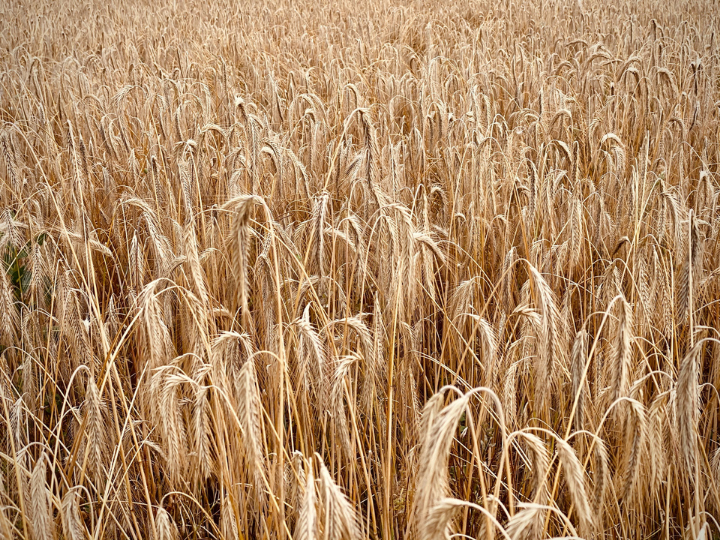by Yaroslava Bukhta
Common Agricultural Policy support for landowners not actively engaged in farming has indirectly negatively impacted farming communities, at the same time as the EU continues to haemorrhage farms at an alarming rate, a new EU study has found.
The ‘Future of the European Farming Model’ study, presented at a recent European Parliament hearing, explores structural trends in European agriculture across five regions of Europe.
All regions in question exhibited several common drivers of farm decline, which are primarily structural, economic, and social in nature, as well as, to a lesser degree, environmental.
Among other conclusions, the research indicated that the Common Agricultural Policy (CAP) has supported a tendency toward so-called couch farmers: farm landowners not actively farming.
Area-based payments, including direct payments, contribute to this phenomenon, the study found. While these payments are in some respects positive, for example in motivating farmers not to sell their land, they can also prompt ‘couch farmer’ behaviour.
This has led to a growing resentment from more active farmers, as they “inhibit growth and consolidation while contributing little to food security”, according to the study.
It is also driving land prices up, making purchases prohibitively expensive for many and causing speculative land purchases.
In this way, aspects of the EU farming subsidies programme have indirectly negatively impacted farming communities, the study concluded.
Number of farmers ‘plummeting’
The overall number of farms in the EU 27 has plummeted in recent years, dropping from approximately 15 to 10 million farms, a decrease of 32%.
According to the research, this trend shows no sign of slowing any time soon.
The study found that the EU might lose an additional 6.4 million farms by 2040, resulting in a remaining number of approximately 3.9 million farms across the EU, a massive 62% decrease as compared to 2016 figures.
The strongest decline was found in smallholdings, which have seen a decrease of 38%. At the same time, the number of large farms – over 50 hectares – has increased by 7% over the same timeframe.
The main structural driver of farmer number decline is related to small-sized and fragmented farm holdings operating within a market structure that favours intensive production and large-scale farms, an issue reported in all case study regions.
But the statistics still left some questions among MEPs.
“It is clear that there is a big impact of a big economic crisis on the decrease of the number of holdings. So we may expect that there has also been a significant new decrease during the pandemic of COVID-19,” centre-right MEP Veronika Vrecionova pointed out during the presentation of the study.
Differences in what are considered ‘large’ farms across different countries may have had some impact on the statistics, she added.
Speaking during the presentation of the study, a European Commission official said that it is middle-sized farms that are the most vulnerable, as the smaller ones are less economically dependent.
However, he pointed out that smaller-sized holdings have difficulty taking advantage of economies of scale, as well as investing in machinery, irrigation, and automation and accessing markets, something which was observed in all case studies explored.
Ageing farmers
Another concern in all regions highlighted by the research is the farming sector’s greying population.
More than 31% of all farms in the EU are run by farmers older than 65, whilst young farmers represent only 6% of European agricultural community.
Generational renewal is a central focus of the 2023-2027 CAP reform.
However, according to Renew Europe’s Elsi Katainen, there is not enough pulling young farmers towards the profession.
“We need to give a push to our young people, we need to ensure that they’re encouraged to stay in fashion and to innovate,” she said, calling for more flexibilities to be given to member states to do this.
For his part, far-right MEP Gilles Lebreton stressed the economic factor in deterring future farmers.
“I know in certain national strategic plans, there’s not enough focus on that we also need to develop pricing policies,” he said, adding that more support is needed to promote farming as a job on the market.
*first published in: www.euractiv.com




 By: N. Peter Kramer
By: N. Peter Kramer
